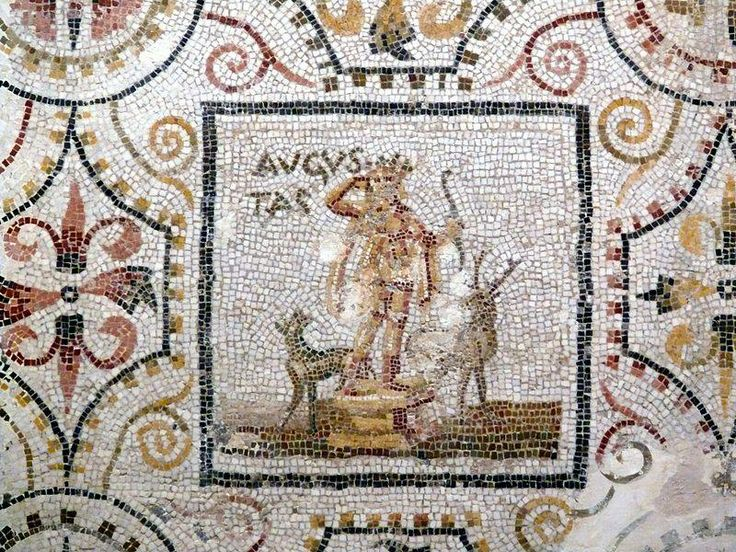August, the eighth month of the year in the Gregorian calendar, has a rich history in the Roman calendar. Originally called Sextilis, it was renamed August in honor of the Roman Emperor Augustus Caesar. This month holds a special place in Roman history and mythology, with several significant events and festivals associated with it.
August was a month filled with religious and cultural celebrations in ancient Rome. One of the most famous festivals held in August was the Consualia, dedicated to Consus, the god of counsel. This festival included chariot races and offerings to the god, symbolizing the importance of agriculture and fertility.
August In Roman Calendar
Another important festival in August was the Vinalia Rustica, a wine festival celebrating the harvest of grapes. Romans would offer prayers and sacrifices to Bacchus, the god of wine, to ensure a successful harvest and a bountiful year ahead.
Significance in Mythology
In Roman mythology, August was associated with several important figures and stories. The month of August was believed to be under the protection of Vulcan, the god of fire and metalworking. This connection was significant as August was considered a time of intense heat and forging, symbolizing the strength and resilience of the Roman people.
Additionally, August was also linked to the story of the founding of Rome by Romulus and Remus. According to legend, the twins were born in August and went on to establish the city of Rome, laying the foundation for the Roman Empire’s future glory and power.
In Conclusion
August holds a special place in the Roman calendar, with its rich history, festivals, and mythology. The significance of this month extends beyond its name, reflecting the values and beliefs of ancient Roman society. From religious celebrations to mythological tales, August continues to be a symbol of strength, resilience, and cultural heritage.
